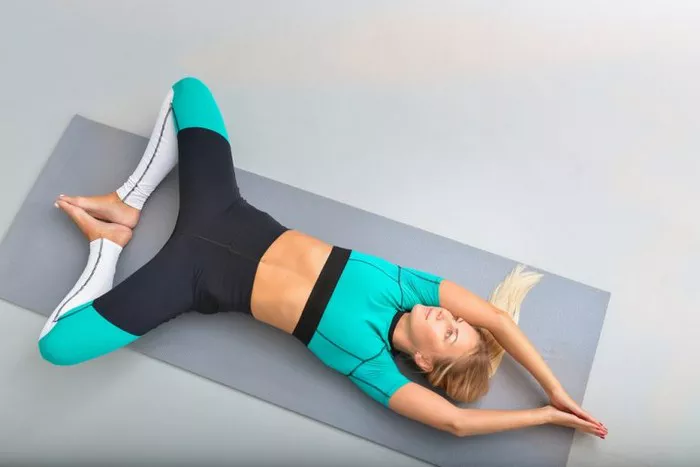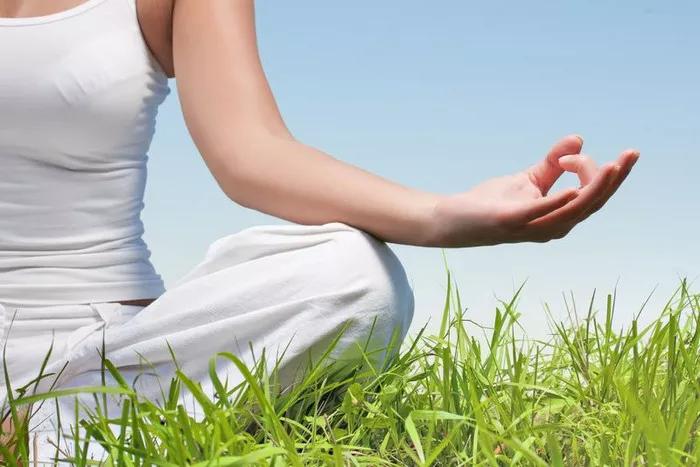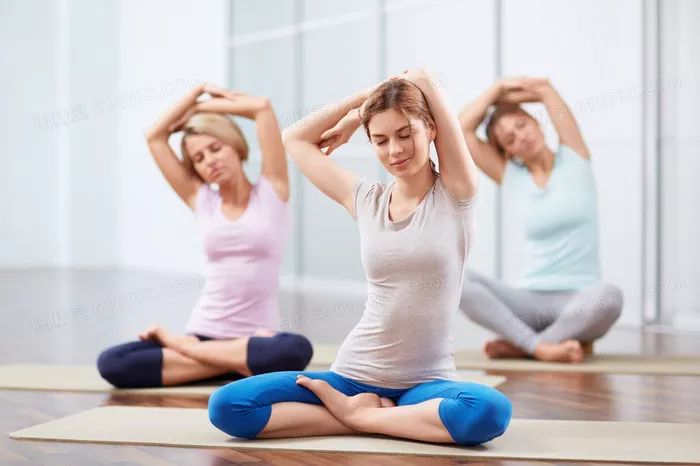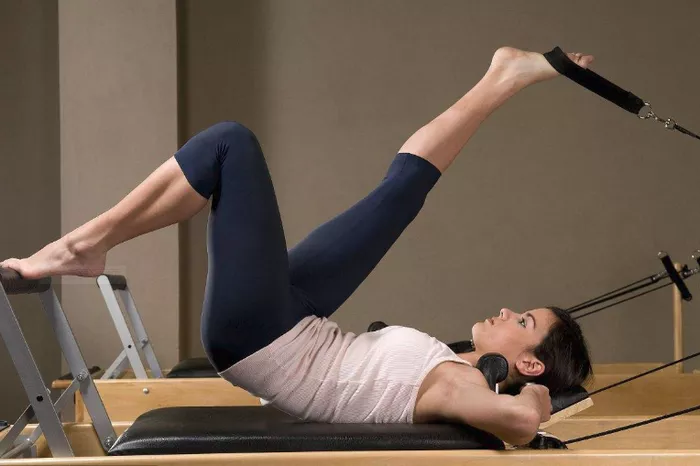Yoga is a vast and diverse practice with various styles suited for different body types, fitness levels, and personal goals. Among these styles, Hatha Yoga remains one of the most foundational and widely practiced forms. Known for its slower pace, emphasis on alignment, and integration of breath and movement, Hatha Yoga is ideal for individuals seeking balance, strength, and flexibility. But which body type benefits the most from practicing Hatha Yoga regularly? In this article, we will explore different body types and how Hatha Yoga can be particularly advantageous for certain individuals.
Understanding Hatha Yoga
Hatha Yoga is often referred to as the “yoga of balance,” as it integrates physical postures (asanas), breathing techniques (pranayama), and meditation to harmonize the body and mind. Unlike more dynamic forms of yoga such as Vinyasa or Ashtanga, Hatha Yoga focuses on holding poses for longer periods, allowing for deeper stretching and increased mindfulness. This makes it suitable for practitioners of all levels, especially beginners, individuals with mobility issues, and those who want a gentle yet effective form of exercise.
The Three Main Body Types (Somatotypes)
The human body can be classified into three primary somatotypes: ectomorph, mesomorph, and endomorph. Each body type has unique characteristics that influence how individuals respond to different forms of exercise, including yoga. Understanding these body types can help determine who should incorporate more Hatha Yoga into their routine and why.
1. Ectomorphs (Lean and Slender Body Type)
Characteristics:
Naturally slim with long limbs
Fast metabolism and difficulty gaining weight or muscle
Low body fat percentage
Often struggle with flexibility and joint stability
How Hatha Yoga Benefits Ectomorphs: Ectomorphs often have a hard time building muscle and may struggle with maintaining flexibility due to their naturally tight connective tissues. Since Hatha Yoga emphasizes slow, controlled movements and prolonged holding of postures, it can be incredibly beneficial in helping ectomorphs develop greater muscle tone, stability, and flexibility. The controlled breathing techniques in Hatha Yoga also aid in stress reduction, which can be particularly useful for ectomorphs, who may be prone to anxiety or nervous energy.
Recommended Poses for Ectomorphs:
Warrior II (Virabhadrasana II) for strength
Triangle Pose (Trikonasana) for flexibility
Tree Pose (Vrksasana) for balance and joint stability
Seated Forward Bend (Paschimottanasana) for deep stretching
2. Mesomorphs (Athletic and Muscular Body Type)
Characteristics:
Naturally athletic and muscular
Gains and loses weight easily
Strong, well-defined muscles
Can be prone to stiffness due to muscular density
How Hatha Yoga Benefits Mesomorphs: Mesomorphs typically excel in high-intensity workouts but may neglect flexibility and relaxation. Because of their muscular build, they can experience stiffness, which can lead to a limited range of motion and an increased risk of injury. Hatha Yoga provides a structured practice that enhances flexibility and mobility while promoting relaxation. By holding poses for extended periods, mesomorphs can lengthen tight muscles and improve overall body balance. Additionally, the meditative aspects of Hatha Yoga can help mesomorphs slow down and cultivate mindfulness, which can be beneficial for stress management and injury prevention.
Recommended Poses for Mesomorphs:
Downward-Facing Dog (Adho Mukha Svanasana) for full-body flexibility
Pigeon Pose (Eka Pada Rajakapotasana) to open the hips
Camel Pose (Ustrasana) to enhance spinal flexibility
Child’s Pose (Balasana) for relaxation and recovery
3. Endomorphs (Curvier and Softer Body Type)
Characteristics:
Naturally higher body fat percentage
Gains weight easily and struggles to lose it
Softer, rounder body shape
Can experience joint strain due to excess weight
How Hatha Yoga Benefits Endomorphs: Endomorphs often struggle with weight management and joint discomfort due to excess body mass. Hatha Yoga is an excellent practice for this body type because it is low-impact, making it gentle on the joints while still providing a full-body workout. The slow-paced nature of Hatha Yoga allows endomorphs to build strength gradually, enhance flexibility, and improve circulation. Additionally, the breathing techniques incorporated in Hatha Yoga can help regulate metabolism and promote relaxation, aiding in weight management and stress reduction.
Recommended Poses for Endomorphs:
Bridge Pose (Setu Bandhasana) for core strength
Cat-Cow Stretch (Marjaryasana-Bitilasana) for spinal mobility
Warrior I (Virabhadrasana I) to build lower-body strength
Savasana (Corpse Pose) for deep relaxation and stress relief
Who Should Practice More Hatha Yoga?
While Hatha Yoga is beneficial for all body types, certain individuals should prioritize it more in their fitness routine:
Individuals Seeking Flexibility and Mobility – Those with tight muscles, whether due to a sedentary lifestyle or intense strength training, can greatly benefit from Hatha Yoga’s stretching and alignment-based practice.
Beginners or Those Recovering from Injury – Since Hatha Yoga moves at a slower pace, it allows practitioners to ease into poses safely without excessive strain.
People with High Stress or Anxiety Levels – The emphasis on breathing techniques and mindfulness makes Hatha Yoga an effective tool for stress management.
Older Adults or Those with Joint Concerns – The gentle nature of Hatha Yoga is ideal for maintaining mobility and reducing joint stiffness in aging individuals.
Conclusion
Hatha Yoga is a well-rounded practice that offers physical, mental, and emotional benefits for all body types. However, ectomorphs can use it to enhance stability and muscle tone, mesomorphs can incorporate it to improve flexibility and relaxation, and endomorphs can practice it for weight management and joint health. Regardless of your body type, Hatha Yoga provides a pathway to balance, strength, and inner peace. By incorporating this practice into your routine, you can cultivate a healthier, more harmonious relationship with your body and mind.
Related Topics:





















